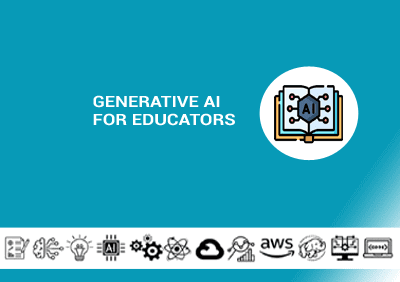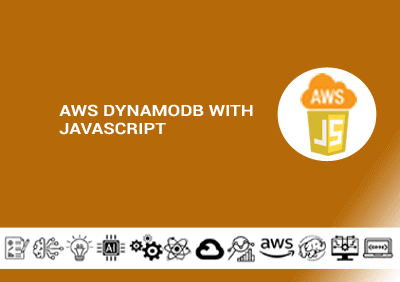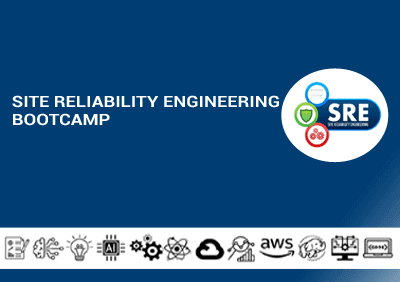- Overview
- Prerequisites
- Audience
- Curriculum
Description:
This course provides a comprehensive overview of system hacking techniques and defensive measures. Students will learn about the methodologies used by attackers to compromise systems and the strategies to defend against such attacks. The course covers the ethical and legal aspects of hacking, various hacking tools, techniques, and countermeasures.
Duration: 1 Day
Course Code: BDT352
Learning Objectives:
- Understand the fundamentals of system hacking.
- Learn the various phases of hacking and common attack vectors.
- Gain practical skills in using hacking tools and techniques.
- Develop strategies to defend against system hacking.
- Understand the ethical and legal implications of hacking.
- Basic understanding of computer networks and cybersecurity principles.
- Familiarity with the Linux operating system and basic scripting.
- Introductory knowledge of TCP/IP protocols and common network services.
This course is designed for IT Professionals, Network Administrators, Security Analysts, Security Engineers, Ethical Hackers, and anyone interested in learning about cybersecurity and ethical hacking.
Course Outline:
Module 1: Introduction to System Hacking
- Definition and History of Hacking
- Ethical Hacking vs. Malicious Hacking
- Overview of Hacking Phases (Reconnaissance, Scanning, Gaining Access, Maintaining Access, Covering Tracks)
- Legal and Ethical Considerations
Module 2: Reconnaissance Techniques
- Active vs. Passive Reconnaissance
- Information Gathering Tools (WHOIS, Nslookup, Recon-ng)
- Social Engineering Techniques
Module 3: Scanning and Enumeration
- Network Scanning Techniques (Port Scanning, Network Mapping)
- Vulnerability Scanning (Nmap, Nessus)
- Enumeration Techniques (NetBIOS, SNMP, LDAP)
Module 4: Gaining Access
- Exploitation Techniques (Buffer Overflows, Code Injection)
- Password Cracking (Brute Force, Dictionary Attacks)
- Exploitation Tools (Metasploit Framework)
Module 5: Escalating Privileges
- Privilege Escalation Techniques
- Common Vulnerabilities and Exploits
- Post-Exploitation Tools (Mimikatz, PowerShell Empire)
Module 6: Maintaining Access
- Backdoors and Rootkits
- Persistence Techniques (Scheduled Tasks, Startup Scripts)
- Anti-Forensics Techniques
Module 7: Defensive Strategies
- Hardening Systems (Patching, Configuration Management)
- Intrusion Detection Systems (IDS) and Intrusion Prevention Systems (IPS)
- Monitoring and Logging Best Practices
Training Material Provided:
Yes (Digital format)




